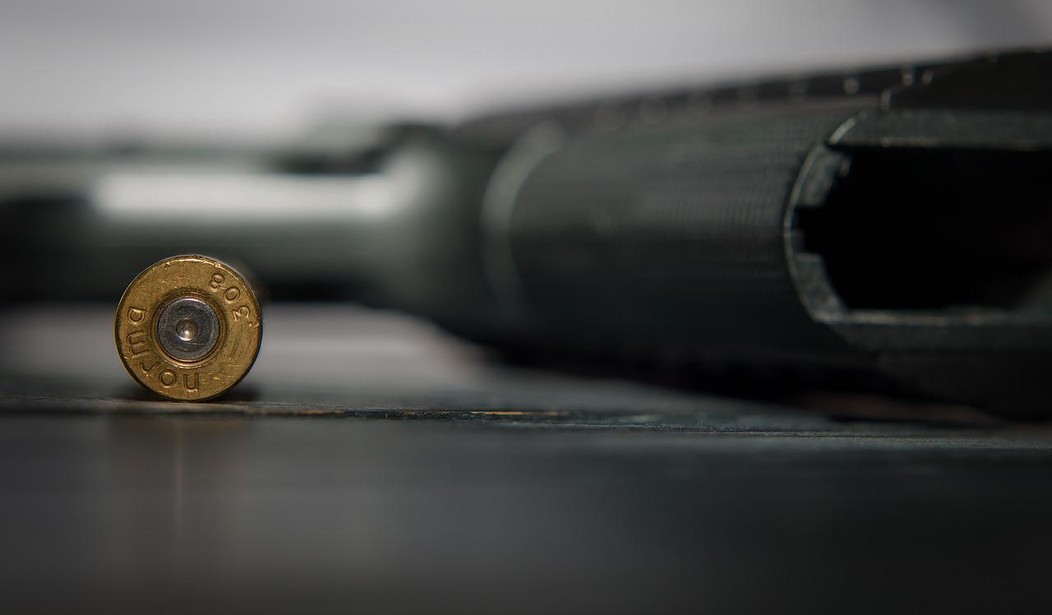The state of California has a lot of gun laws on the books. Firearms are more restricted there than anywhere else in the nation. While you can still buy a gun, at least in theory, the state doesn’t respect your right to do so. As a result, it makes it as difficult for people as possible.
Yet one much-touted law passed in the wake of a mass shooting, one that was supposed to be a game changer, has turned out to be a complete and total failure.
Even the California media are admitting it.
In the wake of the rampage, and with lofty expectations, California became the first state in the country to create a database identifying thousands of people who’d legally purchased guns but were now deemed too dangerous to be armed.
In a rare display of bipartisanship — especially on an issue as fractious as gun control — the California Legislature wanted to give state and local authorities a methodical way to remove firearms from individuals who’d lost their right to bear them because of violent crimes, serious mental health issues or active restraining orders.
But what seemed at the time like a straight-forward approach to the enforcement of existing gun laws has instead become mired in chronic shortcomings, failing for years to make good on its potential. Successive administrations have vowed to fix the problems, but all have fallen short.
Today, the state is struggling to recover thousands of guns from people who have been ordered to surrender them. At the start of the year, the list compiled by the state Department of Justice had swelled to 24,000 individuals, the most ever. The pandemic only worsened the mounting backlog of cases when some state Justice Department agents were pulled from field enforcement.
“We are lucky to have a system that tells us this information,” said Julia Weber, a former supervising attorney for the state courts’ administration who now works on gun policy issues for the Giffords Law Center to Prevent Gun Violence. “But it’s disheartening. It’s a failure of the promise of the system.”
And let’s be clear, this isn’t the worst idea we’ve seen. After all, at least in theory, this only targets those who can no longer lawfully have firearms. It shouldn’t impact law-abiding gun owners.
Of course, the reality is a bit different, but that’s hardly surprising coming from such an anti-gun state. Its list of prohibiting offenses includes a lot of things that aren’t an issue elsewhere.
Yet, the failure of this system shouldn’t be surprising.
When officers arrive to confiscate guns from someone, it’s unlikely they have a search warrant. That means they have to wait outside and hope the person acknowledges they’re home. Many won’t. Many others simply and legitimately won’t be home.
That makes it difficult to get guns from anyone.
And that’s assuming the officers assigned to this duty are doing everything within their power to lawfully confiscate these weapons. How many look at this as a skate duty; a way to coast until retirement or to draw a paycheck without really having to do anything?
Look, regardless of how people feel about this particular measure, the truth is that it’s not working as advertised. It’s not going to work as advertised because the people who you really need to worry about will simply avoid complying with the law.
You know, like criminals have a tendency to do.
But we’ll have people in California looking around, shocked that their law didn’t work, all without recognizing that this is precisely why gun control never works.
For the law-abiding, you can trust them with a rocket launcher and have no issues. The violent felon will use a rock to kill if that’s all he can get.







